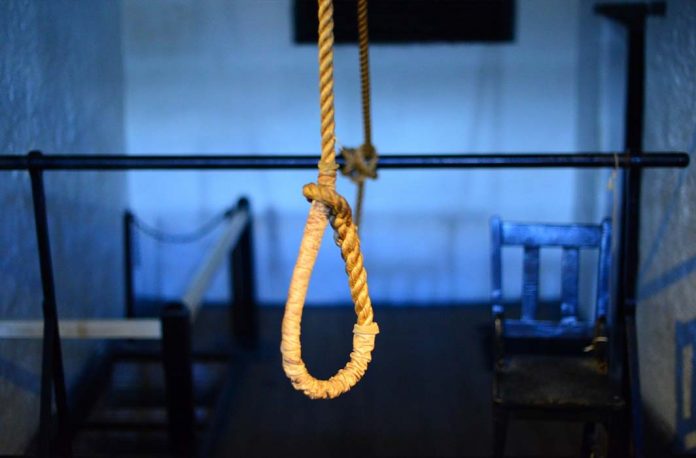A five-judge bench of the Supreme Court will hear tomorrow curative petitions of two of the four death-row convicts in the Nirbhaya case. A bench of Justices N V Ramana, Arun Mishra, R F Nariman, R Banumathi and Ashok Bhushan will hear the curative petitions filed by Vinay Sharma and Mukesh.
A Delhi court issued a death warrant against four convicts in the December 2012 gangrape case allowing their execution on January 22 at 7 am in Tihar Jail. The verdict came after the parents of the victim moved the court seeking to expedite the procedure to hang all the four convicted in the case and also demanded issuance of death warrant against them.
A curative petition is the last legal resort available for redressal of grievances in court after a review plea is dismissed or has been exhausted.
The concept of curative petition originated from a landmark judgment in Rupa Ashok Hurra V. Ashok Hurra and Anr. The concept was evolved by the apex court to prevent the miscarriage of justice and to prevent abuse of process.
In this case, a five-judge constitution bench of the Supreme Court unanimously held that in order to rectify gross miscarriage of justice, the court will allow the curative petition filed by the victim.
The court had ruled that a curative petition can be allowed if the petitioner establishes there was a violation of the principles of natural justice, and there were some facts which were brought to the notice of the court but were ignored by the court before passing an order.
The curative petition is normally decided by judges in-chamber, in rare and exceptional cases, it can be given an open-court hearing.
A curative petition is a second-time review, but not a matter of right. The court will allow a curative petition only when certain requirements as laid down by it are fulfilled.
The aggrieved parties have the statutory right to appeal. Once a decision is given by the Supreme Court of India, the same may be considered final and binding. However, in the interest of justice, Article 137 was incorporated into the constitution, which provided that the apex court subject to the provisions of any law made by Parliament, the Supreme Court has the power to review any judgment pronounced or order made by it.


